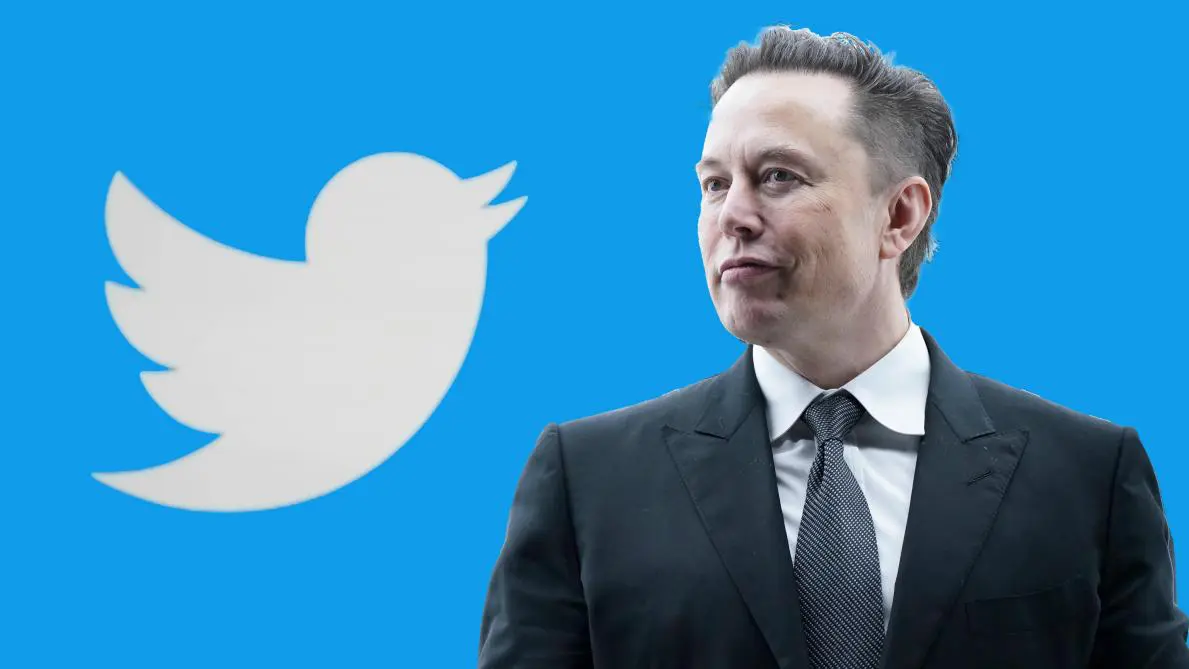In a heated exchange that has gripped both the UK and social media, British Minister Jess Phillips has publicly slammed Elon Musk for his comments on the sensitive issue of child sexual abuse scandals. This blog post explores the ongoing fallout from Musk’s remarks and the political ramifications that have unfolded in their wake.
The rising tension between Musk and British officials has shone a spotlight on the complex issues surrounding child protection and misinformation in politics. As Musk continues to amplify misinformation through his social media platform, the implications for public discourse and political integrity become increasingly concerning.
Breaking Down the Controversy
It all began when Musk, the billionaire entrepreneur and owner of X (formerly Twitter), made a series of posts that brought UK child abuse scandals back to the forefront of public discussion. His statements, perceived by many as both misleading and harmful, have led to widespread backlash from UK politicians. Jess Phillips, who serves as the UK’s Minister for Safeguarding, was among the first to respond, stating that Musk knows ‘absolutely nothing’ about these issues. This remark reflected not just frustration at Musk’s comments but a broader concern over how misinformation can derail critical discussions regarding child welfare.
As the tension escalated, Prime Minister Keir Starmer also entered the fray, defending the record of his government in tackling child grooming gangs and sexual abuse cases. Starmer highlighted the importance of addressing these serious issues with empathy and factual accuracy. This clash is emblematic of a deeper struggle, where public figures use their platforms to comment on sensitive issues without taking the time to understand the complexities involved. Musk’s disregard for these intricacies exposes a poignant gap in accountability—especially in the sphere of social media.
In this blog post, we will unpack the events that have transpired, the reactions from various political figures, and what this means for the future of social media discourse around essential topics.

The Role of Social Media in Political Discourse
The expansion of social media has revolutionized the way information is disseminated and consumed. However, with great power comes great responsibility—or so one would hope. Musk’s platform has been pivotal in shaping public opinion and facilitating conversations. But when figures like Musk wield this power without due diligence, the results can be damaging. Misunderstandings and misinterpretations become rampant, leading to a cycle of misinformation.
Politicians, journalists, and everyday citizens must navigate these complexities. With the rapid spread of false narratives, it is essential to prioritize fact-based reporting and open dialogues over sensationalism. How can we encourage our followers to research and engage critically with the topics they encounter? By fostering discussions around responsible social media usage, we can potentially combat the waves of misinformation that flood our feeds daily.
Moreover, this incident raises questions about the social responsibilities of tech moguls, particularly those like Musk, who possess enormous influence over public narratives. It could be argued that Musk has contributed to a wider trend of dismissing or oversimplifying significant issues in favor of attention-grabbing statements.
Political Fallout: A Historical Perspective
To understand the present, we must examine the past. The political landscape has always been shaped by the narratives that arise—some true, some exaggerated. In the context of child abuse scandals, the UK has a long, tragic history that lawmakers must grapple with. Various scandals have surfaced over the years, bringing to light systemic failures and inadequacies in protecting the vulnerable.
One such example that resonates widely is the Rotherham child grooming scandal that emerged in 2014. It exposed the shocking reality of children being exploited while authorities turned a blind eye. This scandal not only shook communities to their core but also spurred national conversations around safeguarding practices.
The reverberations of such incidents are felt in today’s political rhetoric, particularly as officials like Phillips and Starmer build their narratives around transparency and responsibility. They are pushed to reassure the public that their systems are robust and accountable, especially when high-profile figures like Musk challenge them to prove their competency.

The Accountability of Influencers
Influencers, especially those in high positions, must recognize the weight of their words. The output of their platforms extends far beyond their immediate audience; it has ramifications on a global scale. In the case of Musk, his comments prompted UK supporters to respond vehemently, resulting in a wave of criticism directed at both him and his platform.
Critics argue that the trend of prioritizing sensationalism over substance leads to a culture where misinformation thrives, overshadowing the realities on the ground. As members of a society that relies heavily on digital information, we must continuously educate ourselves and seek out credible sources. The importance of vigilance in the face of misinformation cannot be overstated.
Furthermore, as political leaders navigate the murky waters of social media engagement, they must advocate for responsible discourse. After all, their role extends beyond governance; they must protect the public’s interest against figures who use their platforms irresponsibly. Ensuring accurate narratives must be a cornerstone of political dialogue rather than an afterthought.
Responses from Political Figures
In light of Musk’s comments, various politicians have rallied their support for Jess Phillips and the government stance. Notably, they have aligned themselves against misinformation, emphasizing the need for accurate discourse in discussions surrounding child welfare. Prime Minister Keir Starmer was particularly vocal, branding Musk’s statements as ‘lies and misinformation,’ a viewpoint echoed by numerous lawmakers.
This bipartisan criticism showcases a united front against harmful rhetoric. Political leaders must facilitate an environment where accurate information prevails over misinformation, especially regarding sensitive topics such as child abuse. The ability to distinguish between accurate accounts and fabricated narratives is vital in holding both public and influential figures accountable for their words and actions.
In recent discussions, other politicians have also highlighted the role of the media in perpetuating or dispelling misinformation. Are journalists doing their part? What measures are being put in place to ensure a factual representation of pressing matters? As these debates broaden, it becomes clear that trust in the media plays a significant role in shaping perceptions.

Conclusion: Navigating Misinformation
As we continue to navigate the ever-changing landscape of social media, it is vital for all involved—politicians, influencers, and citizens—to engage responsibly with the information that circulates. Elon Musk’s approach to discussing sensitive issues illustrates the challenges faced by prominent figures in understanding their influence over public perception.
There is a collective responsibility not just to speak but to ensure that those speeches are grounded in truth, respect, and a nuanced understanding of complex issues. As this debate unfolds, ongoing scrutiny of public figures and their statements remains crucial.
A Look Forward
The conflict between Musk and UK officials serves as a lesson in the critical need for accurate reporting and responsible public discourse. As social media platforms facilitate interactions and opinions, the expectations on those convening within these spaces increase exponentially.
In the era of instant information, comprehensive engagement and advocacy for responsible platforms become imperative. Continuous dialogue surrounding child safeguarding, especially from prominent figures, holds the power to influence opinion and policy effectively.
Through fostering accurate conversations around pressing challenges, we can hope for a society that prioritizes truth and accountability. Engaging with this topic over social media will only enhance awareness and encourage individuals to challenge misinformation actively.
Source: www.reuters.com
Hi, I’m Sarah, a 30-year-old journalist with a passion for storytelling and uncovering the truth. I strive to bring important issues to light and connect with my audience through compelling narratives.



